Airdrops, a popular method in the cryptocurrency world as a marketing tactic for new projects to quickly gain user adoption, are facing backlash in recent times.
Although there have been several significantly successful Airdrops in the past years, the crypto space is, however, and unarguably too, rife with many profoundly fake and ultimately scam cryptocurrency airdrop projects.
A reasonable portion of these Airdrop scams are littered across X (formerly Twitter), Reddit, and Telegram platforms, for the most part.
Crypto airdrops have become a popular way for blockchain-based projects to market themselves and promote the adoption of their native tokens.https://t.co/NA6mbcdWBZ
— CoinDesk (@CoinDesk) January 18, 2022
A case in point is the forking of Bitcoin in August 2017 and the consequent reluctance of Coinbase to pay out Bitcoin Cash (BCH) tokens to its hodlers, even though the cryptocurrency exchange platform received these tokens at the time.
According to some sources, when it (Coinbase) finally paid out the tokens owed to its customers about four months later, on December 25, the damage was already done. Nearly a year and a half later, the crypto exchange platform was found guilty of negligence but not fraud.
At present, more allegations have emerged that this same reluctance to pay out customers what’s due them has continued within Coinbase, especially when it comes to Airdrops.
But is Coinbase the only culprit in these airdrop conundrums? Should reluctance to pay out airdropped tokens be ultimately deemed fraudulent?
This article aims to demystify the concept of airdrops, drawing the line between legitimate (real) and suspicious (fake) airdrops and providing insights into the world of airdrops in the crypto ecosystem in the wake of the events of the Bitcoin forking of 2017, FLR (Flare) and SDG (Songbird) Airdrops and Coinbase’s controversial role in these events.
Flare and Songbird Airdrops
Consequently, a class action lawsuit was filed against Coinbase on January 13, 2023, in the U.S. District Court of the Northern District of California by plaintiff Dallas Woody for failing to live up to its promise of distributing Flare (FLR) and Songbird (SGB) Airdropped tokens to all her XRP holders as agreed, casting a more negative light on the unpredictable nature of Airdrops, and its distribution.
“Unlike the largest digital asset exchanges that likewise participated in the Flare Airdrop and lawfully distributed SGB and FLR to its users (such as cryptocurrency exchanges Uphold and Kraken), Coinbase refuses to distribute Plaintiff’s SGB and FLR tokens, despite having received them from Flare Network at the time of the SGB and FLR distributions,” the complaint reads in part.
In a sudden twist of fate, after over two months of the lawsuit, besides petitions by affected customers, Coinbase, through its official X (ex-Twitter) handle, honoured its agreement to distribute FLR to eligible customers.
The affected customers grievances were addressed.
As previously stated, Coinbase will be honoring our prior commitment to support the Flare (FLR) token airdrop for eligible users.
— Coinbase Assets 🛡️📞 (@CoinbaseAssets) April 11, 2023
Coinbase went further to reinstate the eligibility conditions for the Flare token (FLR) distribution.
Coinbase, once again, reluctantly, honoured its nearly 2-year, lingering agreement.
Now, should reluctance to release customers’ Airdropped tokens be qualified to deem an Airdrop as fraudulent or scam? Well, maybe in part, yes? Or at least until proven otherwise.
Identifying Real vs Fake Airdrops
Identifying real airdrops from fake ones can be tricky, but there are a few telltale signs. Here are five concise and simple ways to better filter them:
- Real airdrops are typically announced through the official channels of the crypto project.
- They may often require users to perform certain tasks such as joining a newsletter, liking a social media page, or participating in the network (P.S.: fake airdrops can equally do this).
- Real airdrops will never ask for your private keys, security seed phrase, or any other sensitive information.
🚨 Attention! 🚨
— IOTA (@iota) February 2, 2024
We learned that some users are receiving airdrops displaying URLs to scam websites. We urge you to be careful when following such links and never to share your private keys/mnemonic to your wallet with anyone!
** Please note that there is no official web…
- On the other hand, fake airdrops often promise high returns with little to no effort and may use high-pressure tactics to get you to act quickly. Therefore, it’s crucial to remember the adage: if it seems too good to be true, it probably is.
- They will also require you to send an amount of cryptocurrency as a ‘verification’ or gas fee to claim your airdropped tokens.
Author: Ayanfe Fakunle



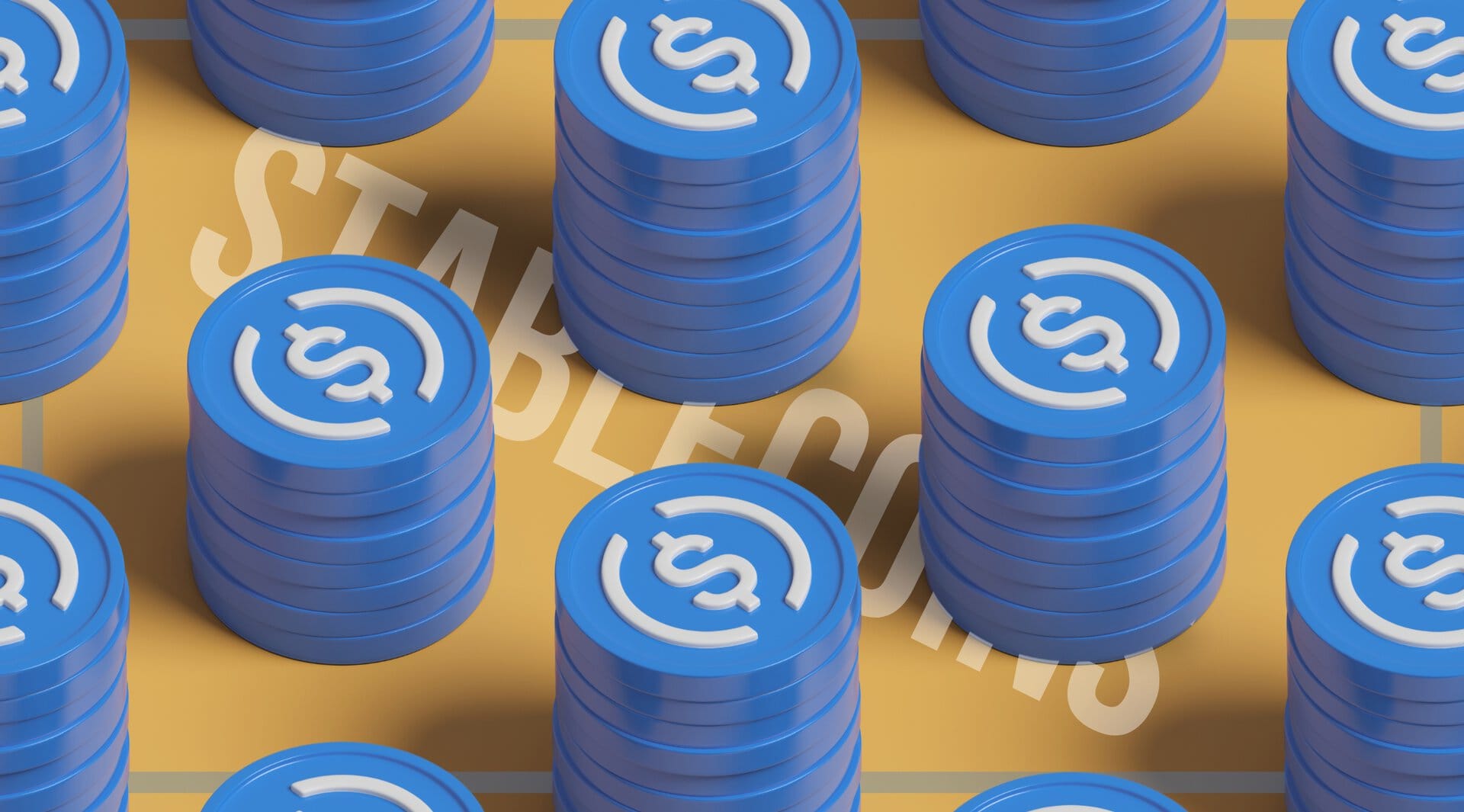

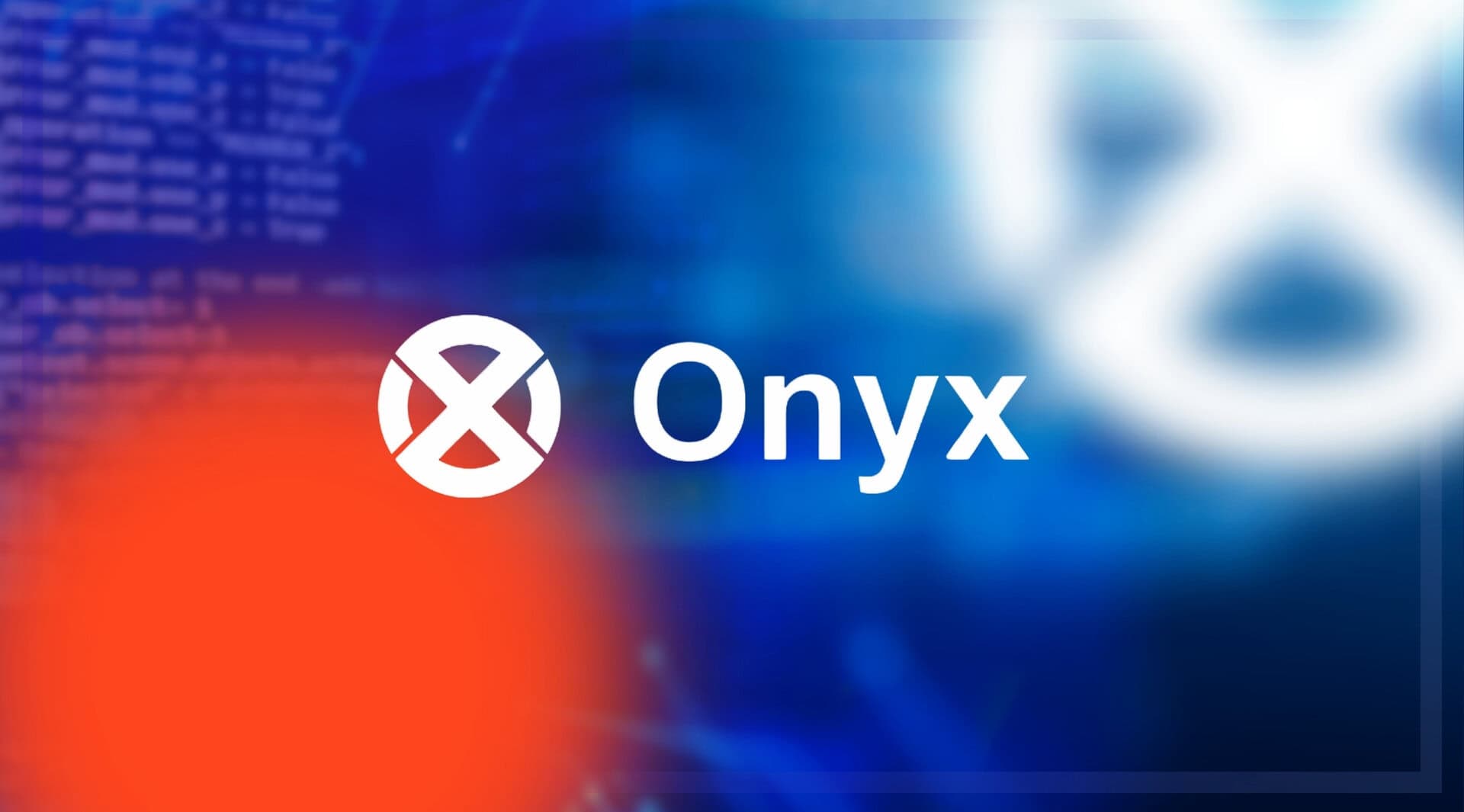



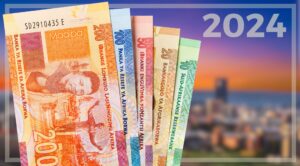


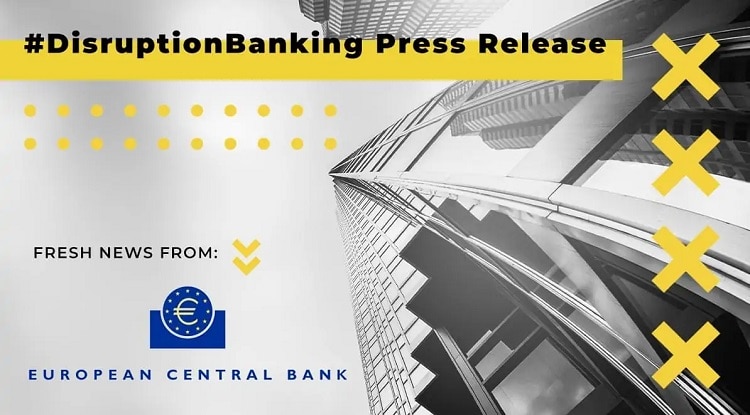
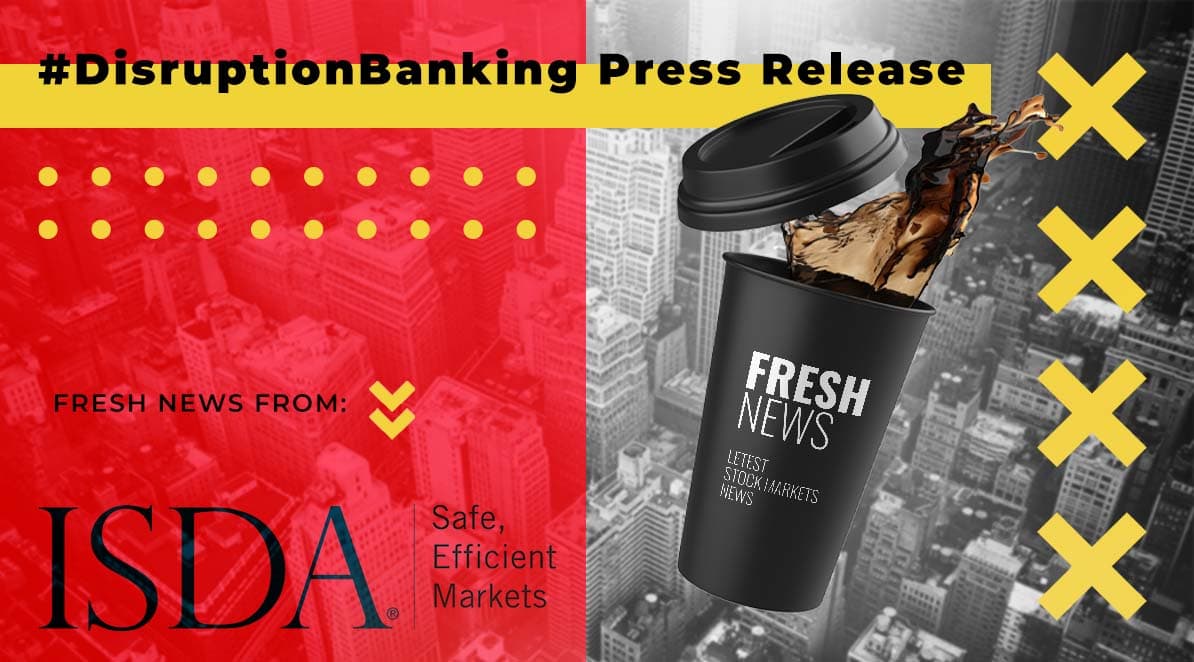
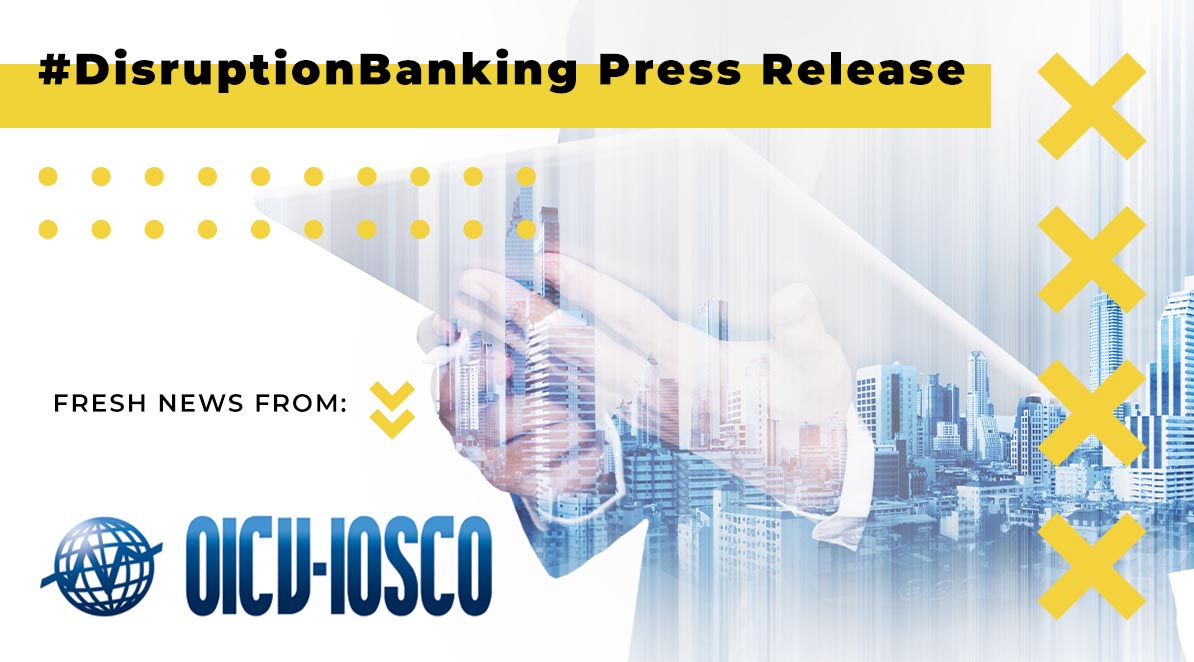

One Response
Interesting – are they following up with distribution of the remaining 85% of tokens across the planned 36 monthly drops? Revolut distributed the original 15% but have stated they are not distributing the remaining 85%.